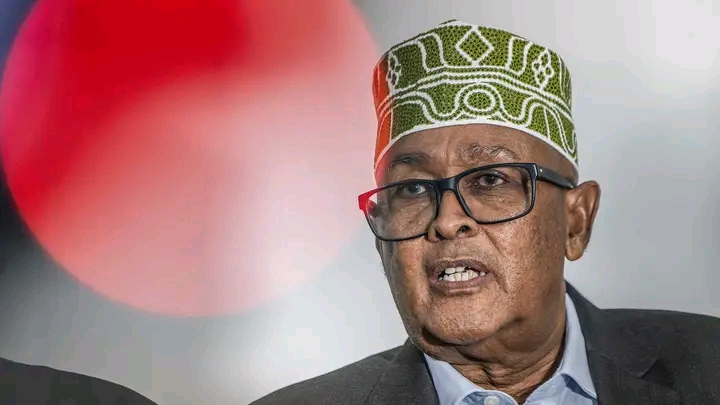By The Staff Reporter
Abdirahman Mohamed Abdullahi, widely known as Irro, has won Somaliland’s presidential election, securing 64% of the vote to defeat incumbent President Musa Abdi Bihi; the victory marks a significant shift in the unrecognised republic’s political landscape as he prepares to become its sixth president since its self-declared independence from Somalia in 1991.
Irro, a former parliamentary speaker, is set to be sworn in on December 14. His win reflects widespread public support for his campaign promises to address economic challenges and reassess controversial regional policies.
One of the central issues of the election was an agreement to lease Somaliland’s coastline to Ethiopia for a naval base, a move aimed at securing diplomatic recognition from Addis Ababa.
Critics, including Irro, argue the deal threatens regional stability and undermines Somaliland’s sovereignty.
Irro has hinted at revisiting the agreement, signaling potential shifts in the region’s geopolitics. Ethiopia’s growing military footprint in the Horn of Africa has already raised concerns among neighboring countries, and any review of the naval base deal could lead to heightened tensions.
Despite its lack of international recognition, Somaliland has been relatively stable compared to Somalia, with regular elections and functioning state institutions.
However, economic challenges and diplomatic isolation continue to weigh heavily on its development prospects.
Irro’s administration is expected to prioritize efforts to gain international recognition and strengthen economic ties with regional and global partners.
Observers believe his leadership could redefine Somaliland’s strategy in seeking legitimacy on the world stage.
The election was closely watched by regional powers and international stakeholders, reflecting the strategic importance of Somaliland’s location along the Gulf of Aden.
As tensions in the Horn of Africa persist, Irro’s presidency could play a crucial role in shaping the region’s dynamics.
While the peaceful transfer of power has been praised, the question of whether Irro can deliver on his promises and deal the complexities of unrecognised statehood remains unanswered.


